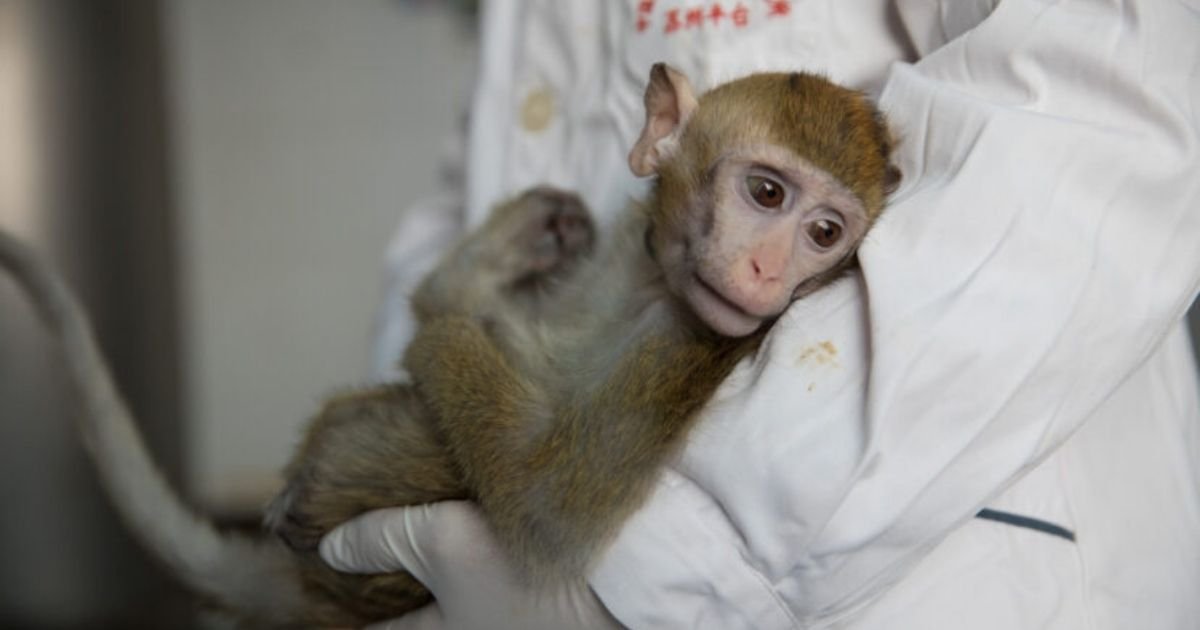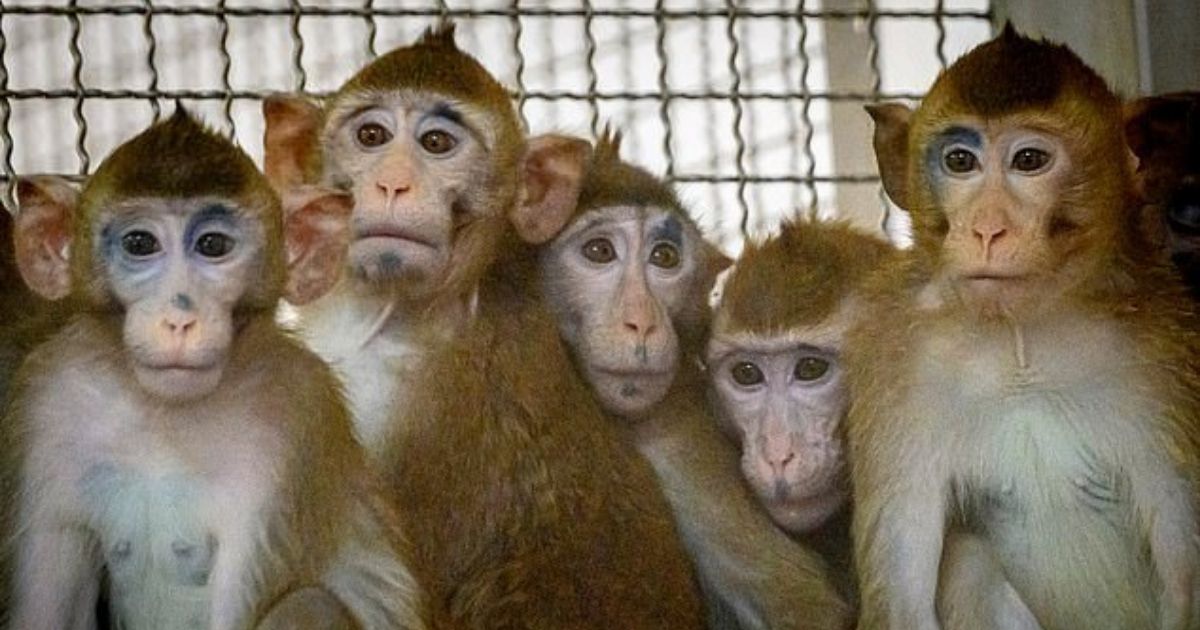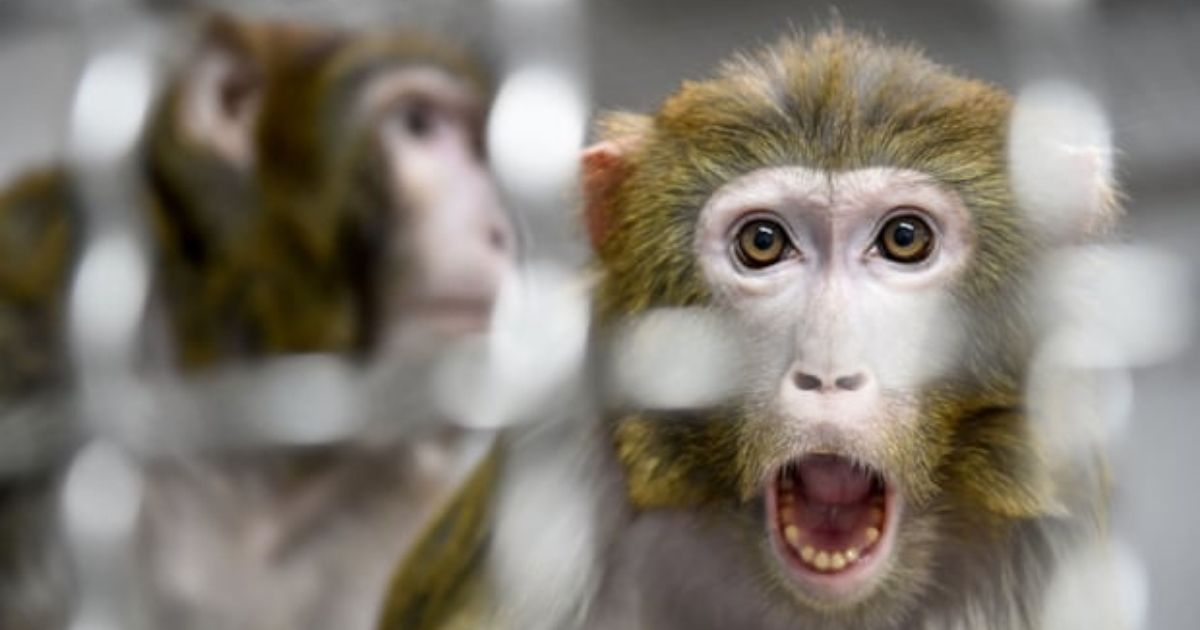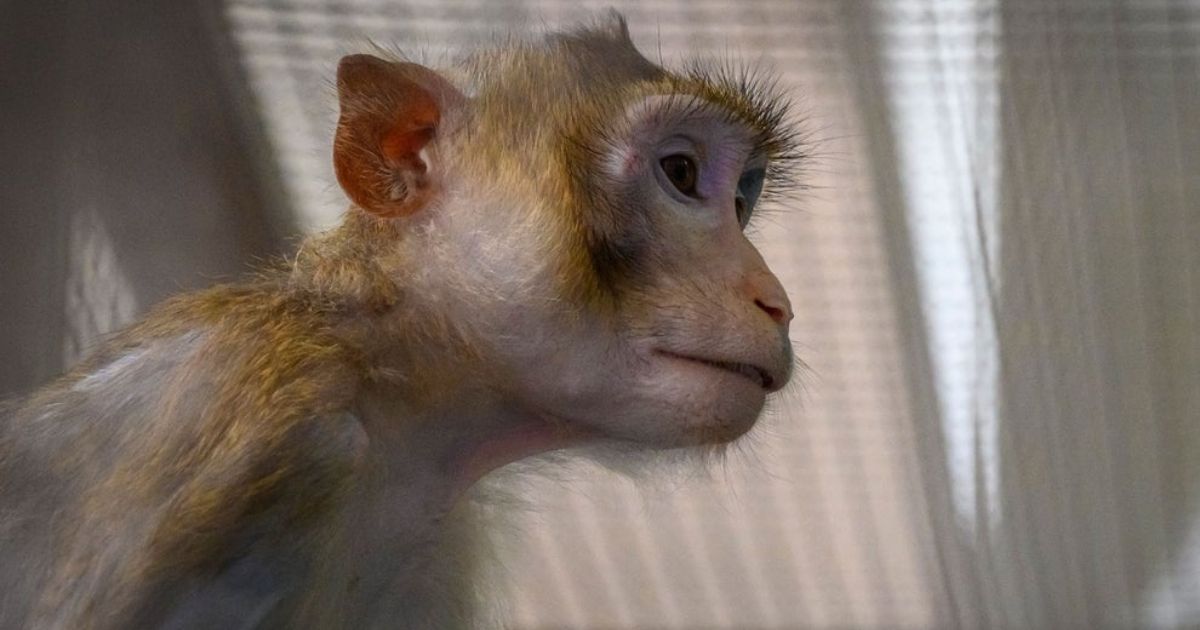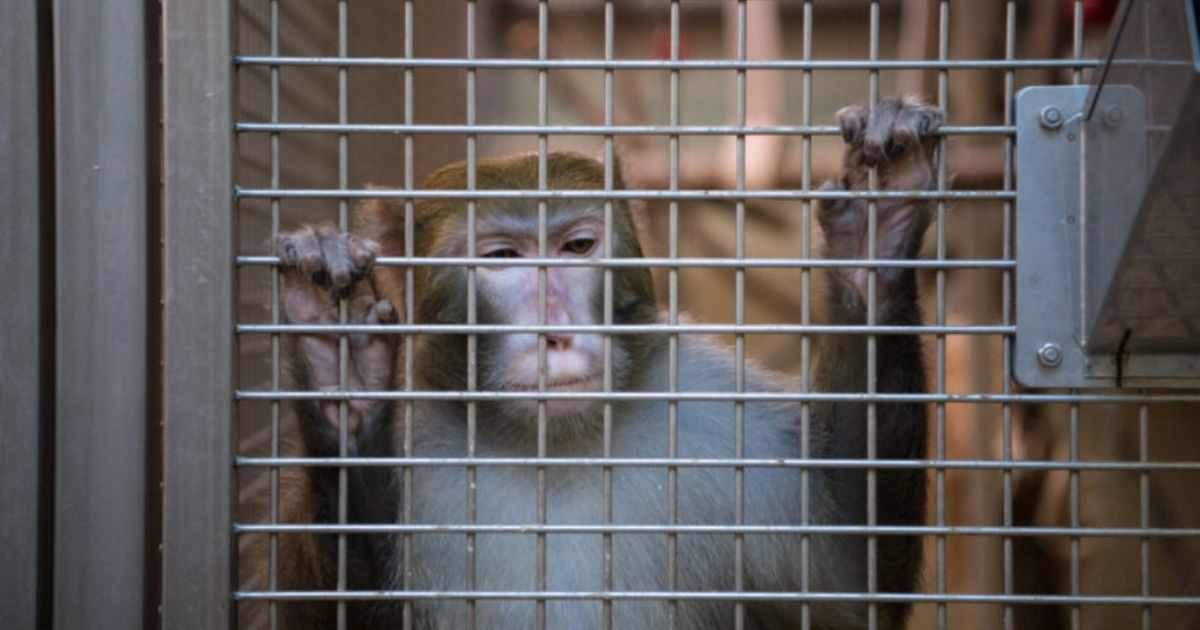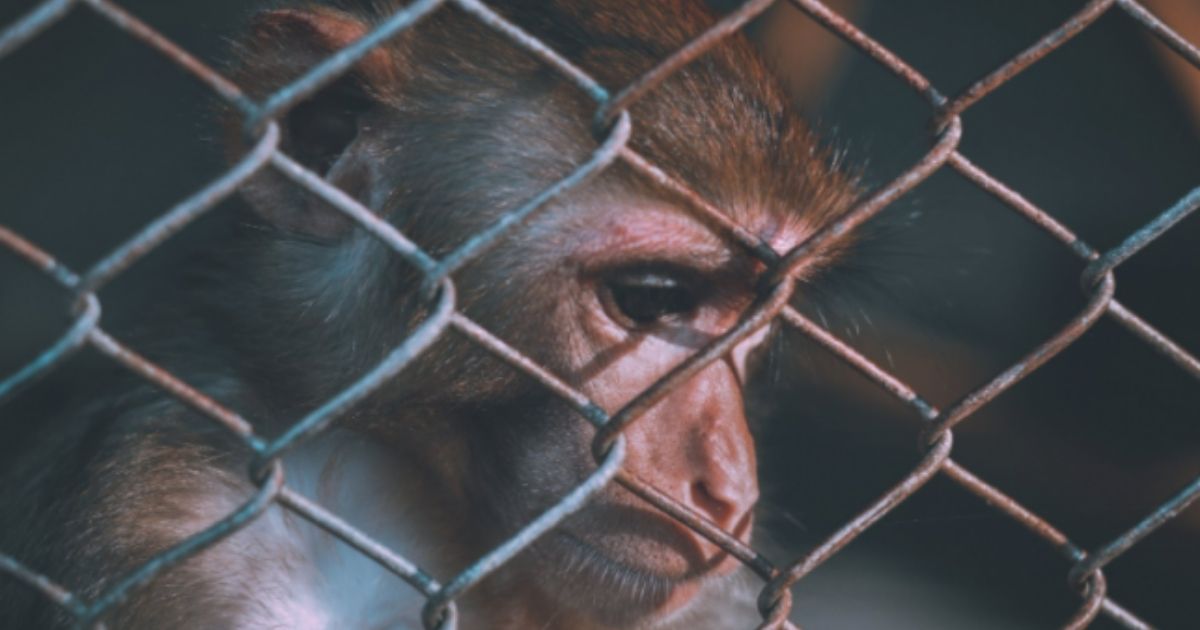Earlier this year, NASA killed all of the monkeys living at the space agency’s California research center.
According to documents uncovered following a freedom of information request, a total of 27 older monkeys were put to death using administrative drugs on February 2.
Animal rights advocates have been left furious at NASA’s decision to kill the monkeys – 21 of whom are reported to have had Parkinson’s – rather than moving them to an animal sanctuary.
According to John Gluck, an expert in animal ethics at the University of New Mexico, the monkeys were ‘suffering the ethological deprivations and frustrations inherent of laboratory life,’ adding that under NASA’s estimations, the animals were ‘apparently not considered worthy of a chance at a sanctuary life’.
“Not even a try? Disposal instead of the expression of simple decency. Shame on those responsible,” Gluck told The Guardian.
New York Democrat Kathleen Rice is now calling on government researchers in the United States to consider ‘humane retirement policies’ for the animals who are involved in the research.
“I look forward to an explanation from administrator Bridenstine on why these animals were forced to waste away in captivity and be euthanized rather than live out their lives in a sanctuary,” Rice said, after announcing she had written to NASA’s administrator Jim Bridenstine, demanding answers.
The primates had been kept by both NASA and drug research company LifeSource BioMedical at the Ames facility.
The monkeys were given to the lab a number of years ago after their previous owners failed to find a suitable sanctuary for their health and age, Stephanie Solis, chief executive of LifeSource, said.
“We agreed to accept the animals, acting as a sanctuary and providing all care at our own cost, until their advanced age and declining health resulted in a decision to humanely euthanize to avoid a poor quality of life,” Solis said.
Solis went on to explain that the animals were not been involved in any research during their time at the lab and had been provided ‘a good remaining quality of life’.
A spokesperson for Rise for Animals, the organization which made the grim discovery through a freedom of information document, said that while NASA has ‘many strengths’, its animal welfare practices are ‘obsolete’.


